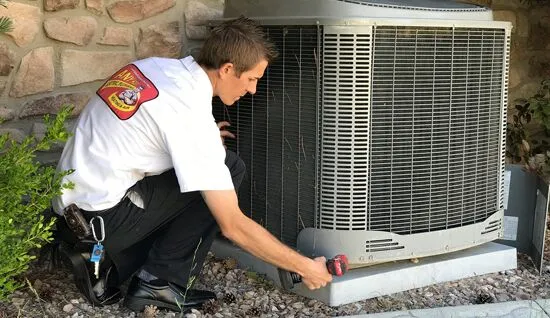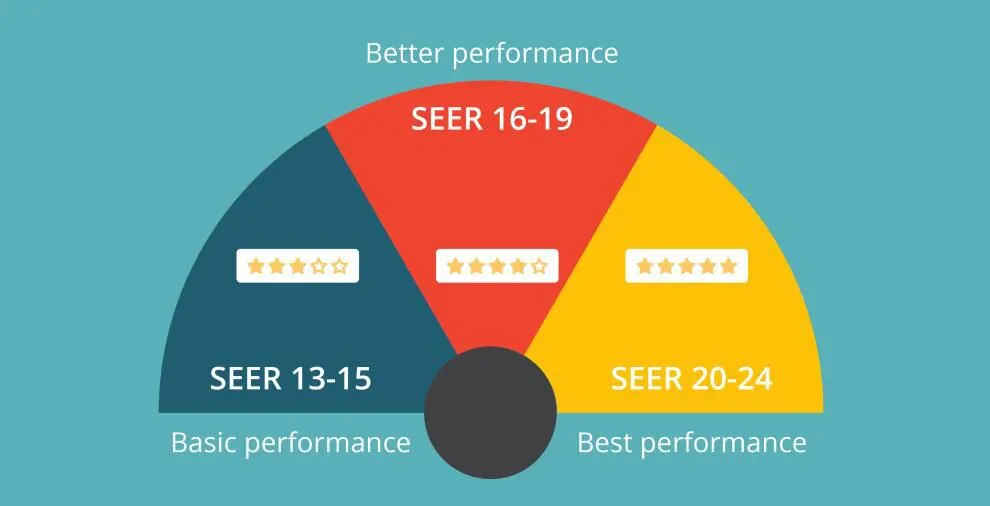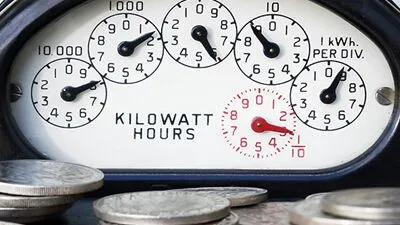Now that we’re into the hottest days of the summer, many of us are thinking about whether our air conditioners can survive another Utah heat wave. We’re relying on them to keep us cool and comfortable for at least another three months--if not longer--and some of them are simply wearing out. However, it can be kind of confusing to sort through all the information on HVAC systems, especially with all of the technical industry terms that may be unfamiliar to you.
So, let’s start by asking yourself two questions about your current air conditioner:
If those numbers are both high, then you could look at saving quite a bit by installing a new air conditioner.

Simply put, a newer model air conditioner will be more energy efficient than an old one. Air conditioners are evaluated on their energy usage with what is called a SEER rating (Seasonal Energy Efficiency Ratio): the higher the SEER number, the more efficient the air conditioner is at cooling your home.
Since 2005, all ground unit air conditioners in the United States are required to have a minimum SEER of 13. Furthermore, a SEER rating of 16 or above is considered high-efficiency. You can see the SEER rating for your unit by looking at the Energy Guide sticker on your air conditioning unit. It is not uncommon for an older air conditioner to have a SEER in the single digits.

When looking at replacing your air conditioner, high-efficiency systems are definitely worth considering. Here are a few of the benefits:




